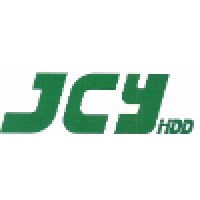
Atessa, Inc.
Atessa, Inc., provides Trusted IP with anti-tamper (AT) technology. Our products and services enable system developers to meet AT requirements and address global supply chain security challenges. The proliferation of electronic systems – and the world’s dependence on them to process and store critical information – has enticed the onset of millions of attacks, both in the defense and commercial worlds. By inserting AT technology, system developers can ensure the protection of their vital data and the long-term viability of their system. Whether a military-grade weapons platform, communications device or financial data storage system, integrating AT technology from Atessa will deter exploitation of these critical systems and prevent reverse engineering that would allow adversaries to garner data, transfer information, alter system capabilities, or develop countermeasures. In addition, inserting our solutions will ensure the security of systems throughout the global supply chain. Atessa is a Department of Defense (DoD) Category 1A Trusted Integrated Circuit Supplier for Design Services, accredited by the Defense Microelectronics Activity (DMEA).






